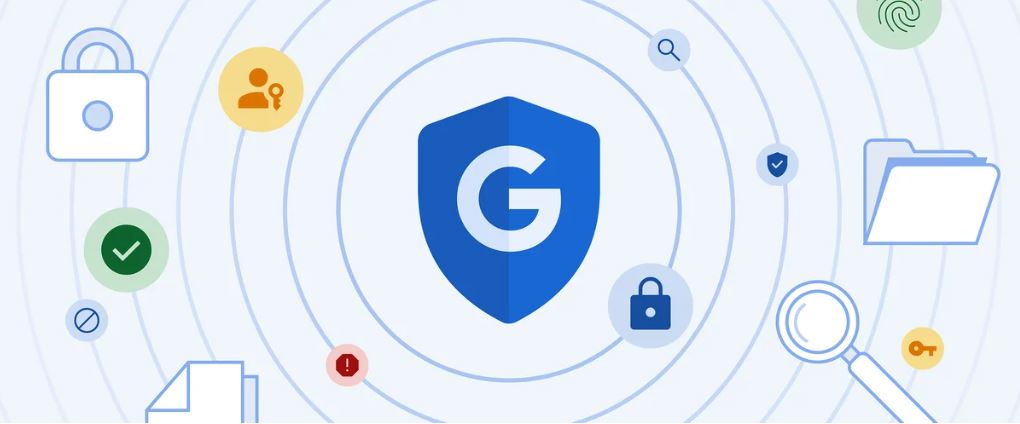 SECURITY
SECURITY
 SECURITY
SECURITY

 SECURITY
SECURITY
In commemoration of the 20th anniversary of Cybersecurity Awareness Month, Google LLC today introduced various updates and initiatives to enhance cybersecurity and ensure user-friendly online experiences.
Cybersecurity Awareness Month was created in 2004 as a collaborative effort between the U.S. government and industry to ensure users have the resources they need to stay safer and more secure online.
In a strategic partnership with the U.S. Cybersecurity and Infrastructure Security Agency, Google is supporting CISA’s Secure Our World campaign. Google is releasing a series of videos designed to educate users on basic cybersecurity practices, including raising awareness that the majority of cyber attacks often stem from seemingly innocuous actions, such as opening a malicious email.
The videos provide user-friendly tips about online security best practices, such as enabling multifactor authentication, deploying strong passwords alongside a password manager, timely software updating and identifying potential scams. The tips are designed for everyone, irrespective of their level of security understanding.
Google is not stopping at educational videos alone and has also announced updates across its product line that seamlessly integrate high-level security into user experiences without requiring additional action from users.
The first release was announced on Oct. 10 — the introduction of what Google calls “Passwordless by Default,” prompting users to set up passkeys by default. Google’s push to encourage users to adopt passkeys is pitched as a newer, simpler, more secure way to sign into sites online and a big step toward a passwordless future.
Google Pixel phones are receiving a security upgrade to withstand cyberthreats. The Tensor G3, the chip that powers Google’s recently announced Pixel 8 phones, is designed to provide a resilient shield against cyberattacks. The Face Unlock feature on the Pixel 8 has also been upgraded to meet the strongest Android biometric class applicable, extending its utility to more secure banking and payment apps, such as Google Wallet.
For Gmail users, Google is continuing to fortify its defenses against cyber threats with artificial intelligence-powered defenses that are claimed to block more than 99.9% of spam, phishing and malware, translating to 15 billion unwanted emails blocked daily. Recently announced requirements for bulk email senders have been implemented to safeguard inboxes even further, including authentication and the ability to unsubscribe from unwanted emails easily.
Google also today announced new tools that are designed to put users in the control seat of their privacy and security.
Within Google Chrome, users will gain easier access to “Clear Browsing Data,” giving them more control over their browsing history and data generated as they browse the web. Soon, users will be able to quickly delete their browsing history, site data and recent tabs. There will also be a new 15-minute option when selecting the duration for which to keep data.
Google’s dark web reporting service, first available to Gmail users in the U.S. in May, has since been expanded to 45 more countries and is now being made available through the account menu in the Google app. To access the report, users only have to log into the Google app and then tap their profile picture to bring up a menu where a link to the report can be found. The link can be found in the Google App on Android and will soon be coming to iOS users.
Apple Inc. users weren’t forgotten, with the Google App in iOS now able to be used as a credential provider. IOS users can now set the Google app as an autofill provider to fill in passwords in any app or website on an iOS device.
THANK YOU